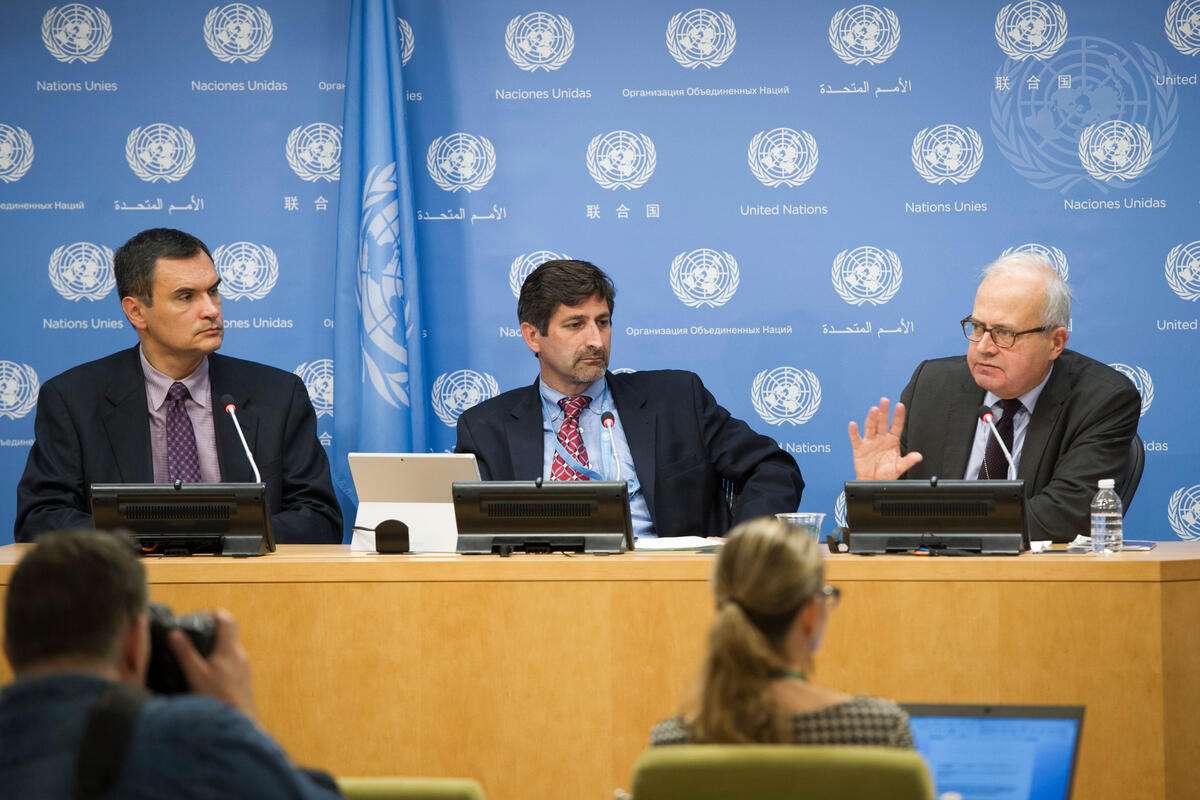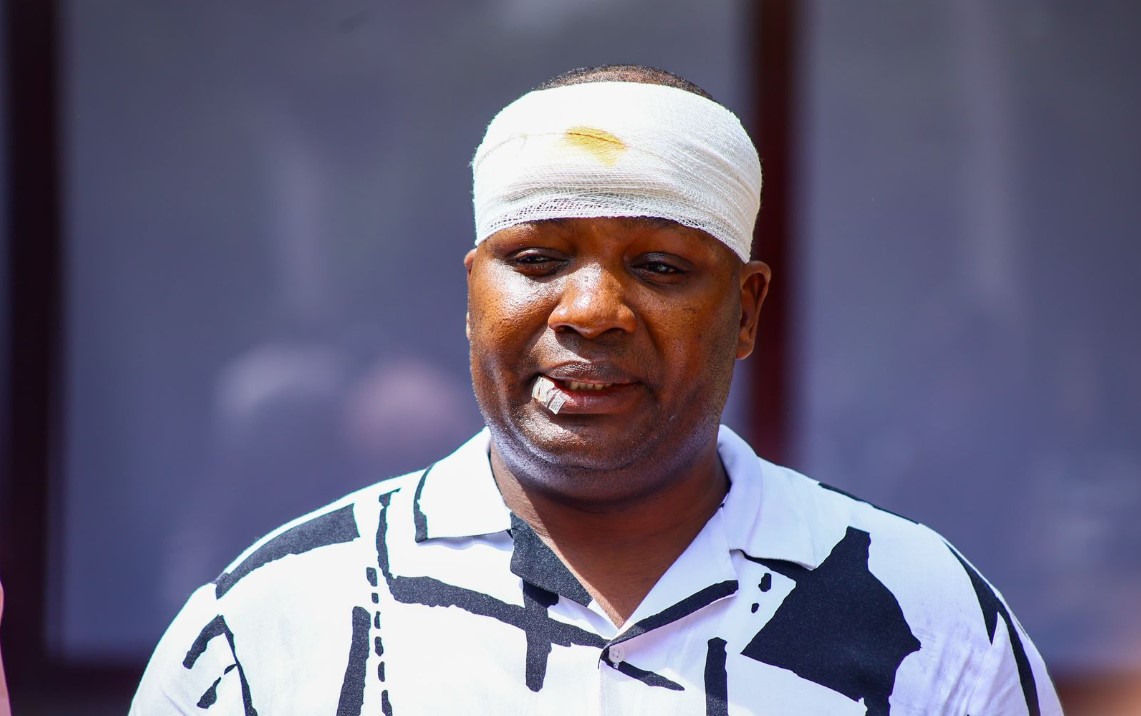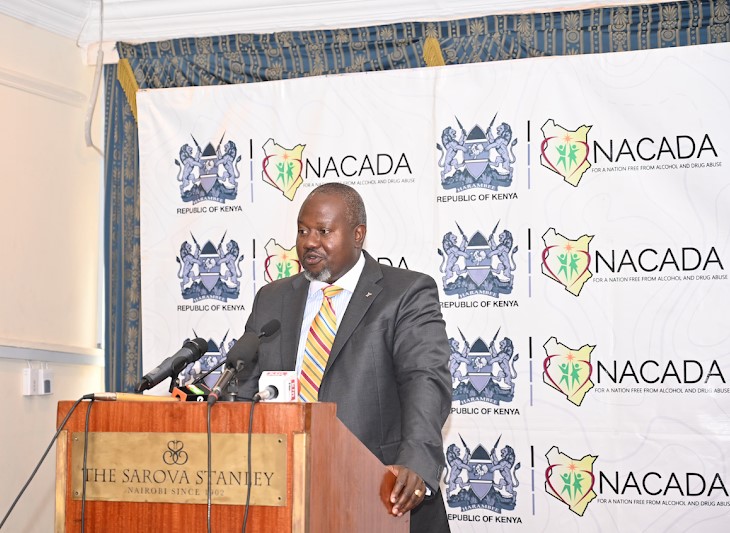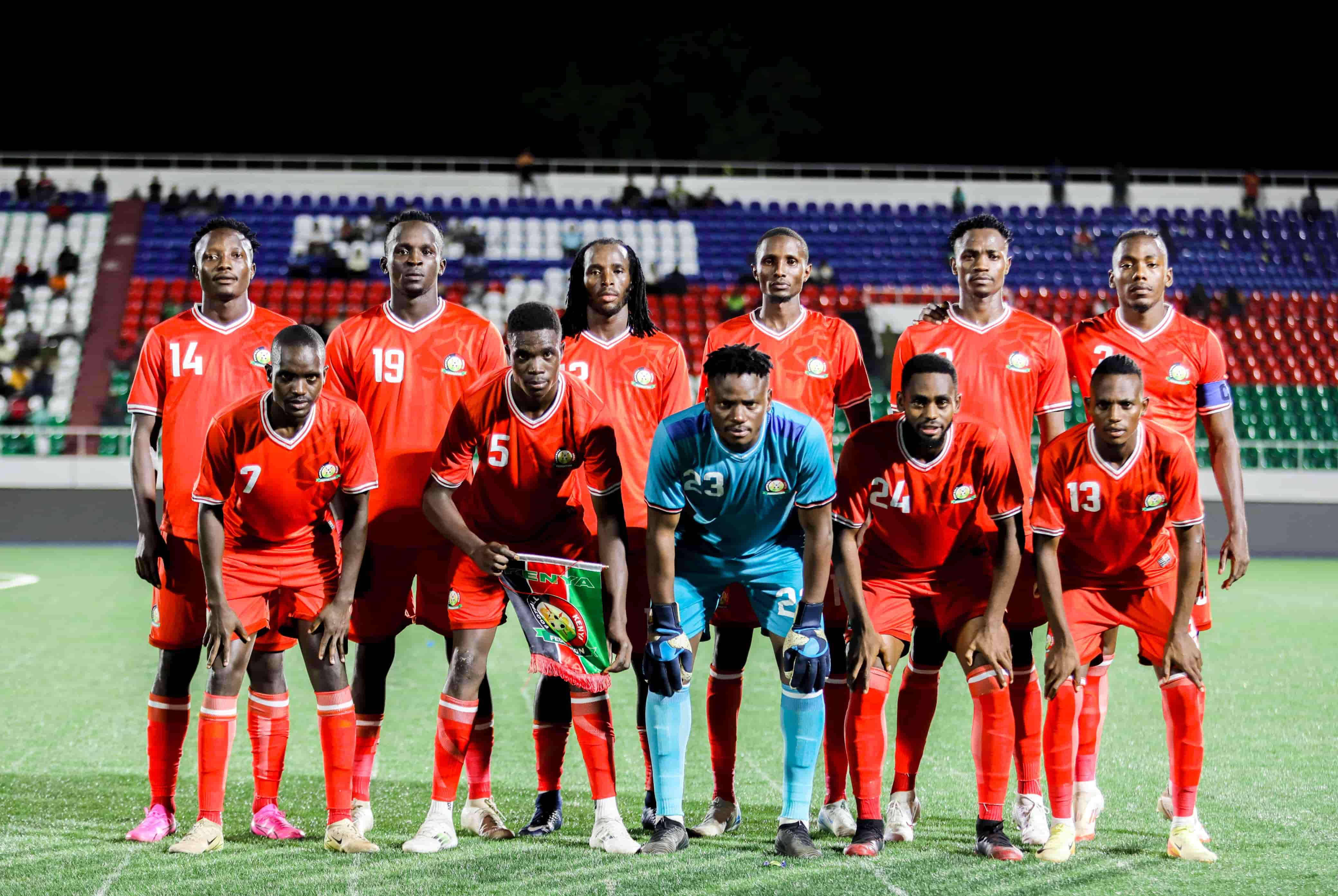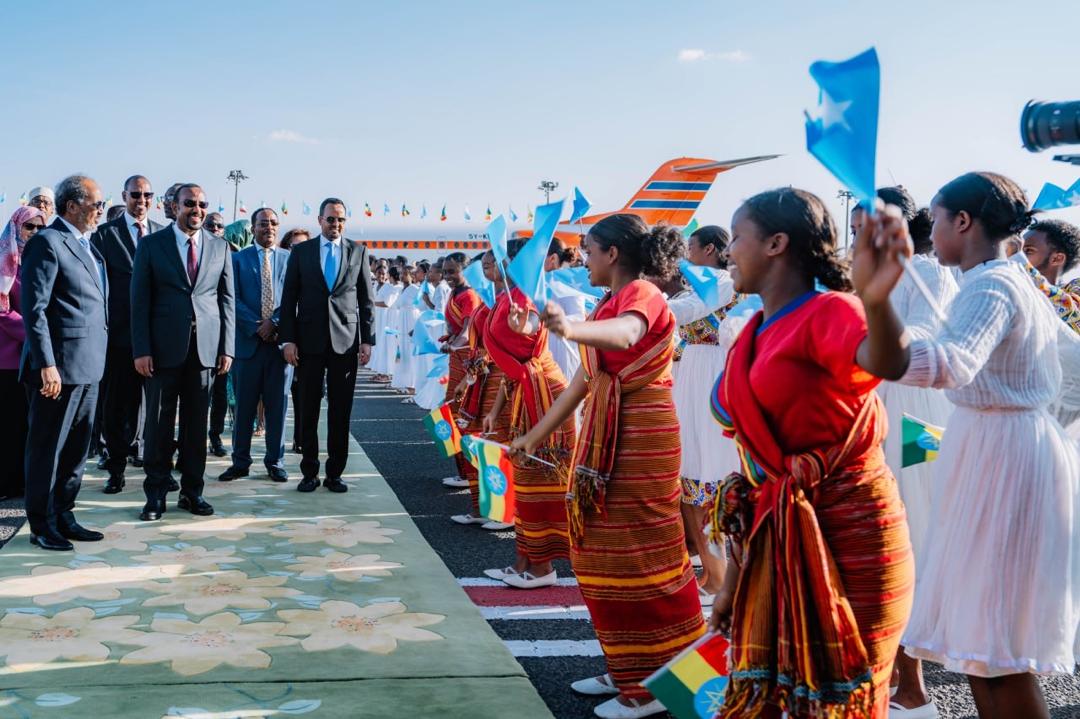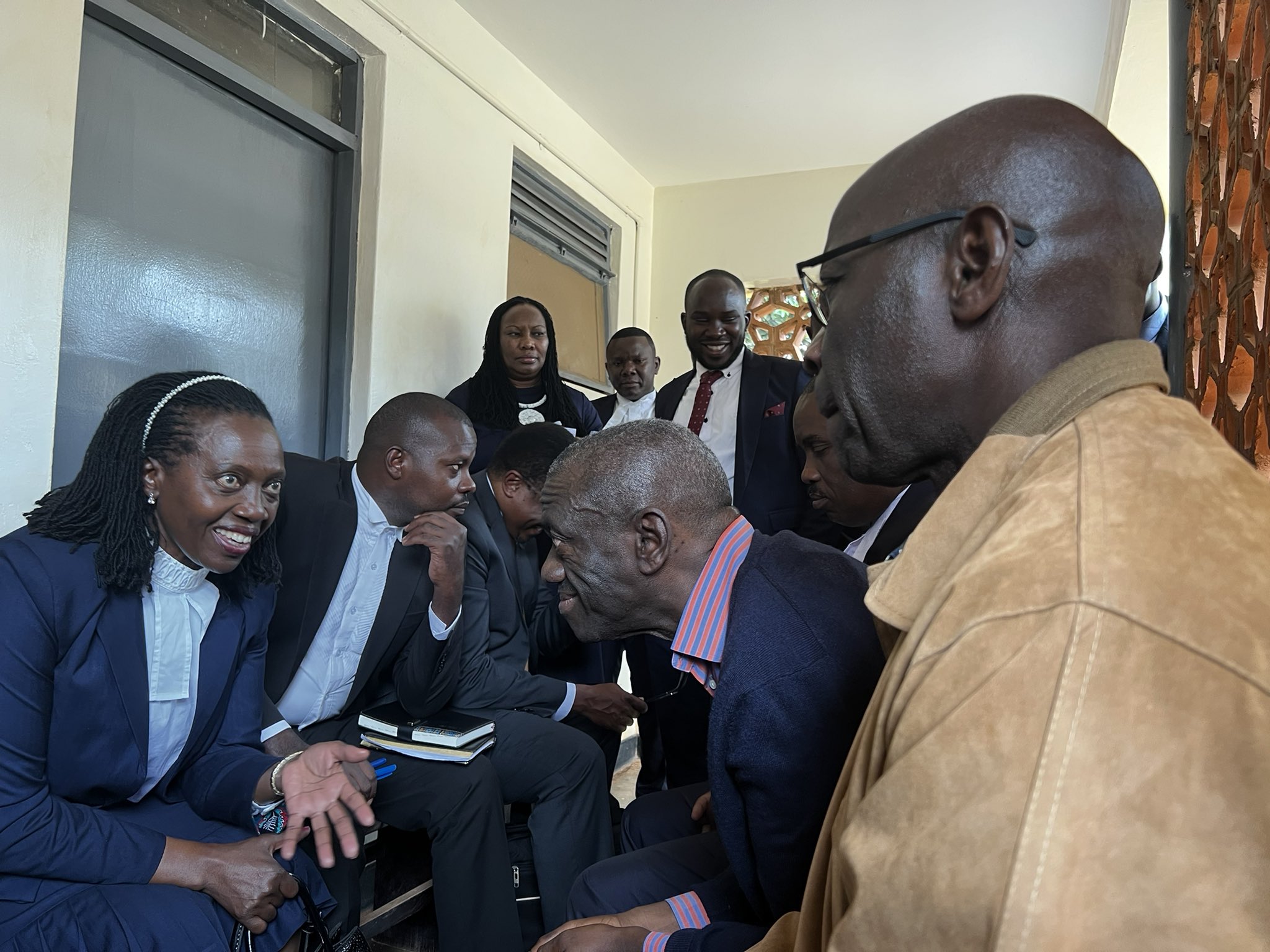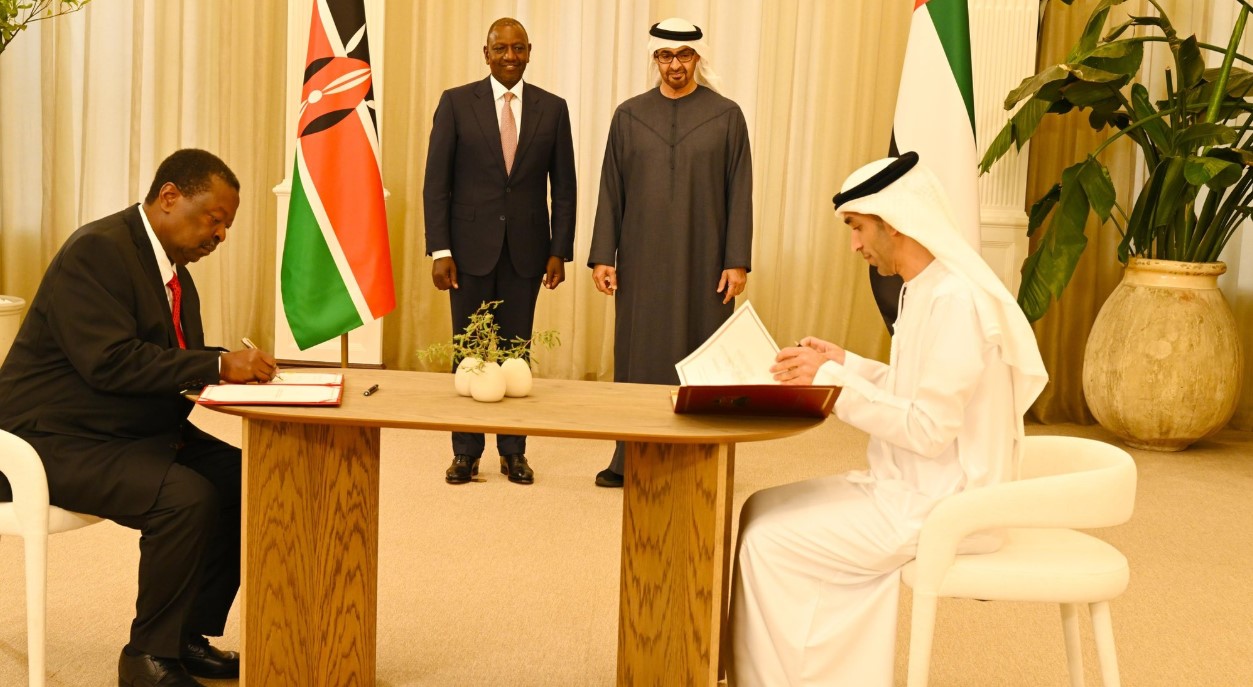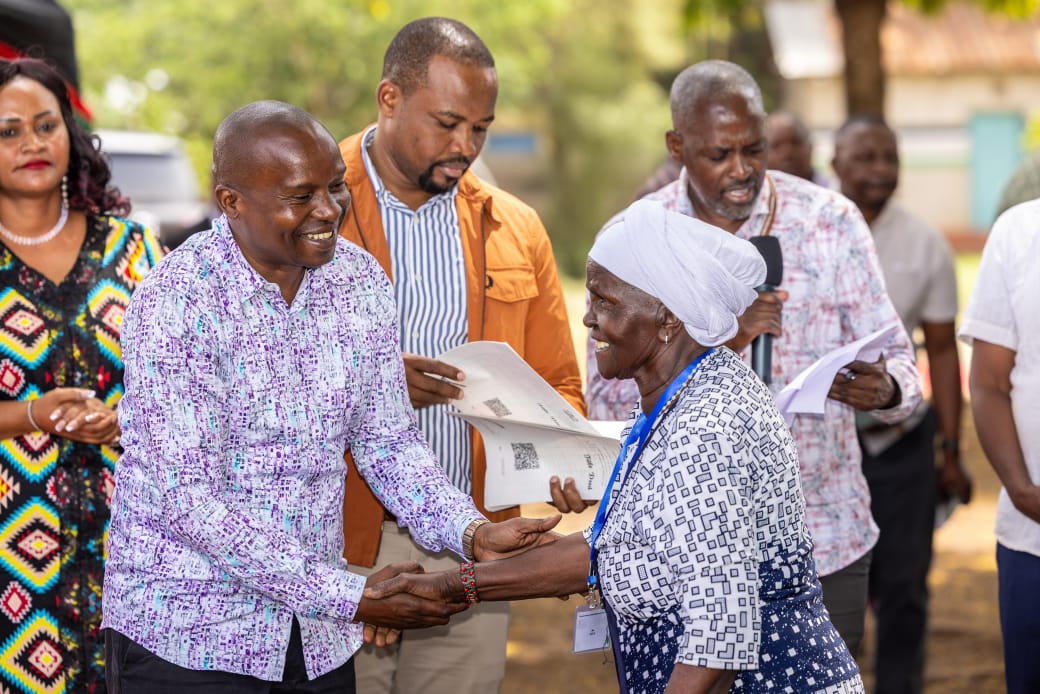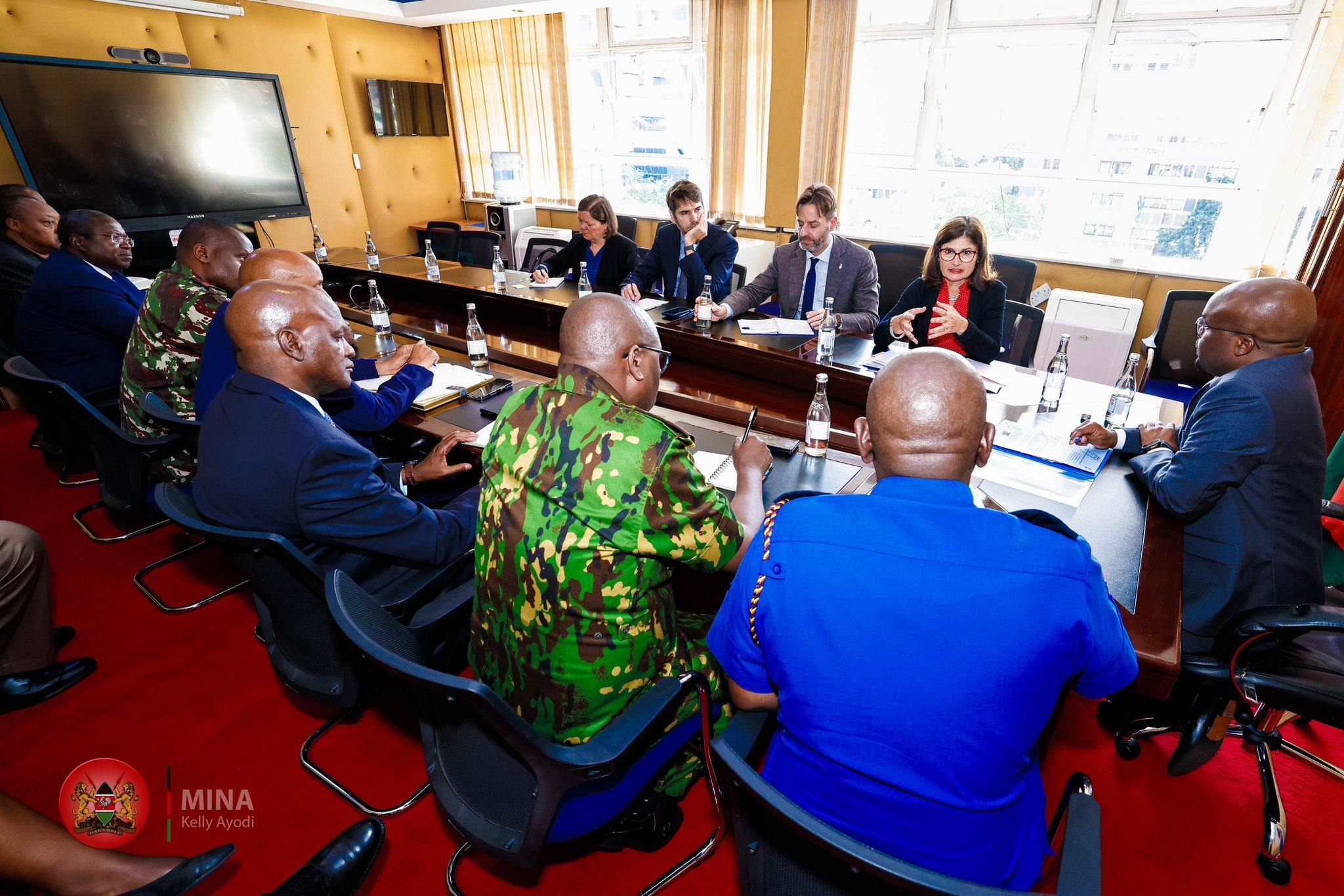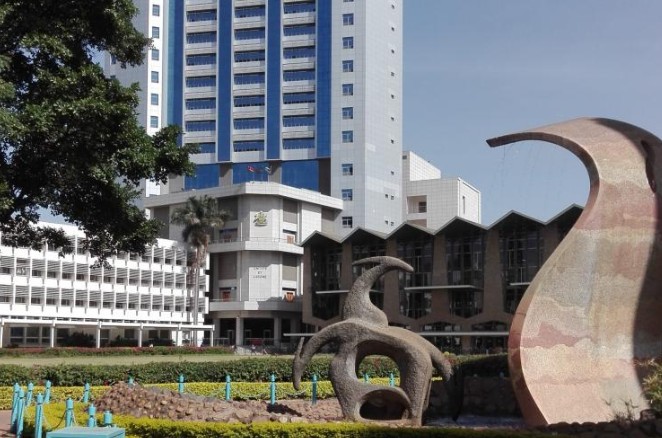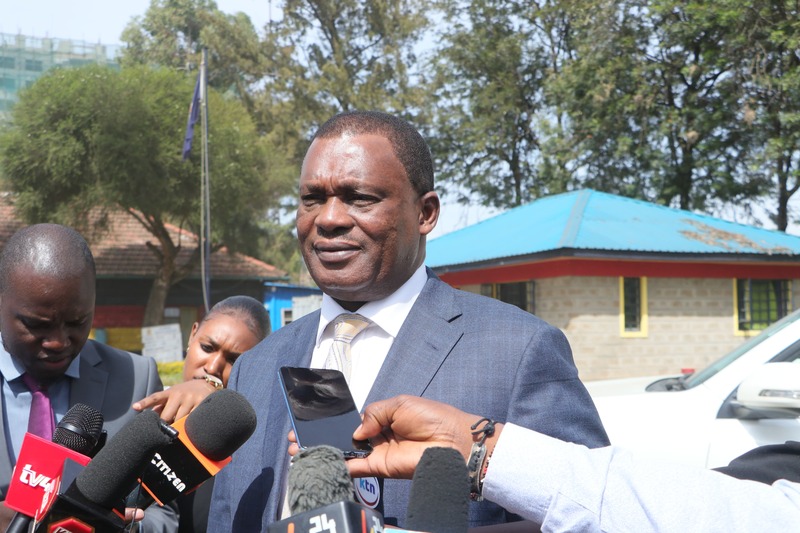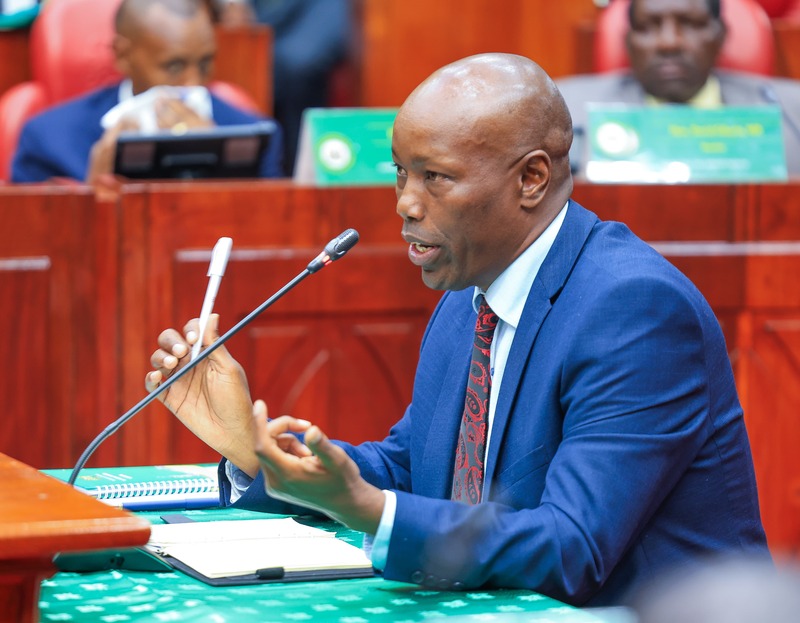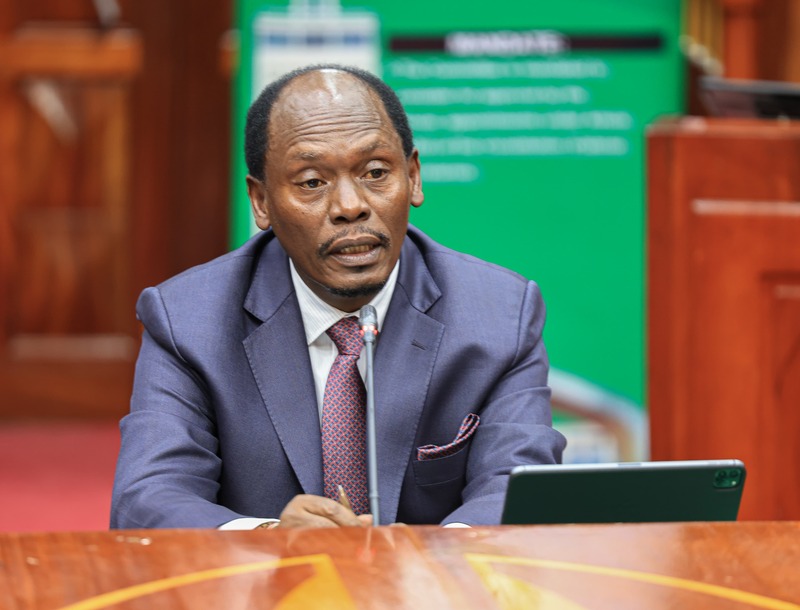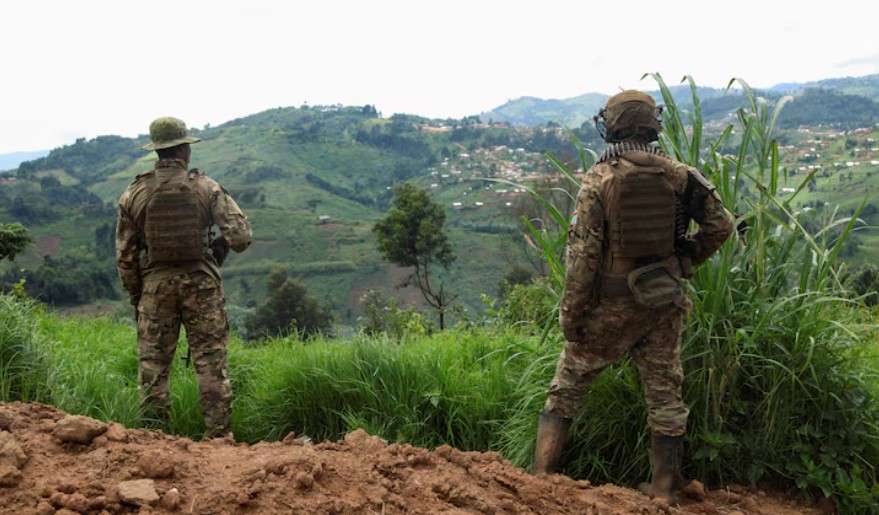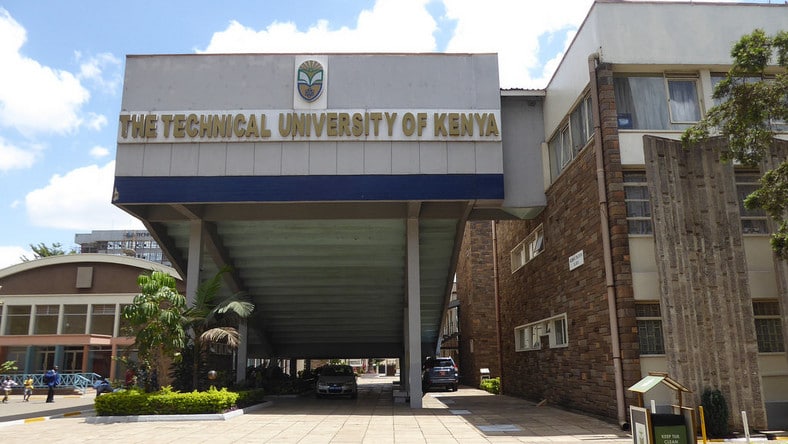What Kenya's greylisting for weak action on money laundering, terrorism financing means

Being on the grey list is typically seen as an indictment of a country’s ability to identify and effectively redress financial crimes. It warns investors to be cautious in dealings with the country.
Kenya and Namibia are the latest African countries to be placed on the Financial Action Task Force’s grey list for their weak measures against money laundering and terrorism financing.
Being on the grey list is typically seen as an indictment of a country’s ability to identify and effectively redress financial crimes. It warns investors to be cautious in dealings with the country.
More To Read
- Gaming in Kenya linked to money laundering, terror financing - report
- KRA collects Sh10 billion from cryptocurrency traders for the first time
- Mandera man serving 10-year jail term for terrorism charges released after successful appeal
- Why Kenya is focusing on banks as it tightens laws to stop money laundering
Financial crimes researcher Louis de Koker, who has recently studied the economic consequences of greylisting, answers questions on the move.
Why is Kenya on the grey list?
In February 2024, Kenya was greylisted by the Financial Action Task Force (FATF), the world body that sets standards for combating money laundering and the financing of terrorism and weapons of mass destruction. At the same meeting, Namibia was also listed, while Uganda was removed.
The Financial Action Task Force, an intergovernmental group of economically powerful countries, maintains a set of standards to safeguard the integrity of the international financial system. Kenya, Namibia and Uganda are not members of the task force, but they are members of the Eastern and Southern Africa Anti-Money Laundering Group, an associated regional body.
All countries that are members of the Financial Action Task Force or any of the regional bodies are regularly evaluated by their peers. Countries are rated on technical compliance with the standards, as well as the effectiveness with which those standards are implemented.
Kenya’s mutual evaluation reports revealed a host of strategic deficiencies. Kenya, for example, had not taken appropriate steps to investigate and prosecute money laundering and terrorist financing offences or to assess and mitigate crime risks associated with crypto assets.
When a country performs poorly in its mutual evaluation, the Financial Action Task Force may place it in a one-year observation period. During the observation period, the country works with the Financial Action Task Force or its regional body to address the identified weaknesses.
If, at the end of the observation period, the country has not been able to address the deficiencies appropriately but has an action plan to address them and has made the political commitment to do so, the task force may put that country on its list of “jurisdictions under increased monitoring," also known as the “grey list”. This is what happened to Kenya and Namibia in February 2024.
What are the consequences?
At face value, the list sends a positive message. According to the Financial Action Task Force, countries on the list have committed themselves to resolving the identified deficiencies within agreed-upon time frames.
They are therefore working actively to improve their compliance with the Financial Action Task Force standards. Greylisting also triggers international technical and other assistance to help countries improve their compliance levels.
The market, however, tends to respond negatively to countries that are greylisted. Some countries and regulators (including the EU and the UK) also compel their institutions to treat the businesses and persons linked to greylisted countries as higher-risk customers and parties.
The accompanying enhanced due diligence measures (such as collecting and verifying more information about the customer and the customer’s funds) slow down the pace of business, increase transaction costs and may even threaten deals and business relationships.
In the past two years, the Financial Action Task Force has called on foreign regulators and their markets to take a measured approach. It added explicitly to its greylisting statement that it does not call for enhanced due diligence measures against greylisted countries and cautioned against termination of business relationships. It is not clear that this has had the intended effect.
In a recent study, my co-authors and I found that greylisting appears to continue to have a negative economic impact on listed countries.
Correlations point to a negative impact on GDP growth rates and, worryingly, even development aid appears to be adversely affected. Some of the negative impacts may lag after delisting. Uganda may, for instance, take some time to see the positive benefits of being off the list.
Impact, however, differs from country to country, and smaller economies are often more likely to face greater impact than large economies.
What does Kenya need to do now?
Since its 2022 mutual evaluation report, Kenya has been working to improve its compliance levels. Now it must implement the agreed action plan to address the remaining strategic deficiencies.
Actions include completing a national terrorist financing risk assessment and sharing the results with public and private sector stakeholders. Kenya is also committed to improving its risk-based supervision of regulated entities, including licensing and supervision of virtual asset (crypto) service providers.
Other actions required include:
Enhancing risk-based compliance and the reporting of suspicious transaction reports to the Financial Reporting Centre;
Increasing the number of money laundering and terrorist financing prosecutions to match the country’s risk levels; and
Revising the framework for the regulation of non-profit organisations and their oversight to ensure that mitigating measures are risk-based and do not disrupt or discourage legitimate non-profit organisations’ activity.
Uganda spent four years on the grey list. Given what Kenya will need to achieve, a time frame of three to four years may be realistic.
Why does greylisting matter to Africa?
Greylisting poses a challenge for sub-Saharan Africa. Since February 2024, the region has accounted for 12 of the 21 grey-listed countries. The listed countries include Nigeria and South Africa.
The economic impact of this level of simultaneous greylisting on the development of the region as a whole gives cause for concern.
The reasons why countries from this region have not been able to meet the task force standards adequately should be probed. Is there a sufficient level of political commitment to fight money laundering, corruption and terrorist financing?
Given the negative impact of crime and the negative impact of a failure to implement crime-fighting standards, can the region afford political complacency?
The task force is about to start another round of mutual evaluations. Countries that are delisted in this round may be listed again in the next round.
The listed countries have the opportunity now to ensure that these serious crimes are combated appropriately. Doing so will serve the national interest and prevent a relisting in the future.
Trending
